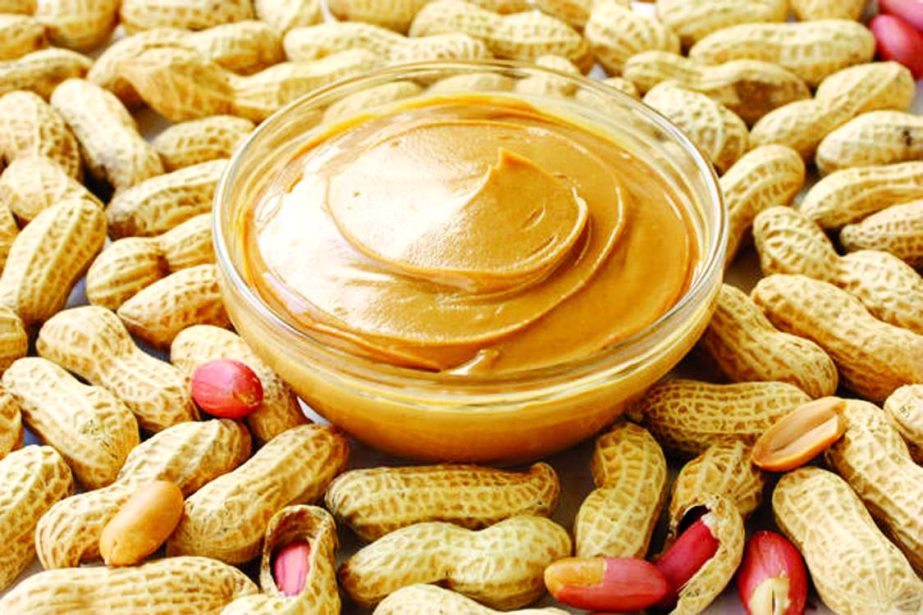
Weekend Plus Desk :
Whether your goal is overall weight loss or better overall health, researchers recommend snacking on peanuts or peanut butter three to four times a week.
According to a new study, teenagers at high risk for being overweight or obese reduced their Body Mass Index (BMI) when they adhered to a nutrition intervention that included a snack of peanuts, compared to those children who did not.
“Obesity is the most pressing health issue facing us today,” said Craig Johnston from University of Houston in the US.
“We’d like to think it’s preventable, but from where I sit right now, there hasn’t been a lot shown to be very effective on a large scale,” Johnston added in the paper published in the Journal of Applied Research on Children.
The study acknowledged that snacking is more common during the adolescent years and that the unhealthy eating habit can lead to an unhealthy weight.
In the 12-week study, instructors guided 257 adolescents from three Houston-area charter schools through a programme of physical activity and nutrition education.
About half the students received a snack of peanuts or peanut butter three to four times a week, while the rest received the snack fewer than once a week.
Peanuts were chosen because nuts are nutrient-dense snacks that promote a feeling of being full.
Students spent 12 more weeks maintaining the healthy snacking habit.
The findings showed that students who received the snack more regularly experienced a decrease in their overall BMI compared to those who did not receive the regular peanut snack.
After school programmes and schools can replace energy dense, unhealthy snacks with peanuts to provide a healthier alternative for children-researchers in the study ensured students did not suffer from nut allergies, the researchers concluded. n
Whether your goal is overall weight loss or better overall health, researchers recommend snacking on peanuts or peanut butter three to four times a week.
According to a new study, teenagers at high risk for being overweight or obese reduced their Body Mass Index (BMI) when they adhered to a nutrition intervention that included a snack of peanuts, compared to those children who did not.
“Obesity is the most pressing health issue facing us today,” said Craig Johnston from University of Houston in the US.
“We’d like to think it’s preventable, but from where I sit right now, there hasn’t been a lot shown to be very effective on a large scale,” Johnston added in the paper published in the Journal of Applied Research on Children.
The study acknowledged that snacking is more common during the adolescent years and that the unhealthy eating habit can lead to an unhealthy weight.
In the 12-week study, instructors guided 257 adolescents from three Houston-area charter schools through a programme of physical activity and nutrition education.
About half the students received a snack of peanuts or peanut butter three to four times a week, while the rest received the snack fewer than once a week.
Peanuts were chosen because nuts are nutrient-dense snacks that promote a feeling of being full.
Students spent 12 more weeks maintaining the healthy snacking habit.
The findings showed that students who received the snack more regularly experienced a decrease in their overall BMI compared to those who did not receive the regular peanut snack.
After school programmes and schools can replace energy dense, unhealthy snacks with peanuts to provide a healthier alternative for children-researchers in the study ensured students did not suffer from nut allergies, the researchers concluded. n

